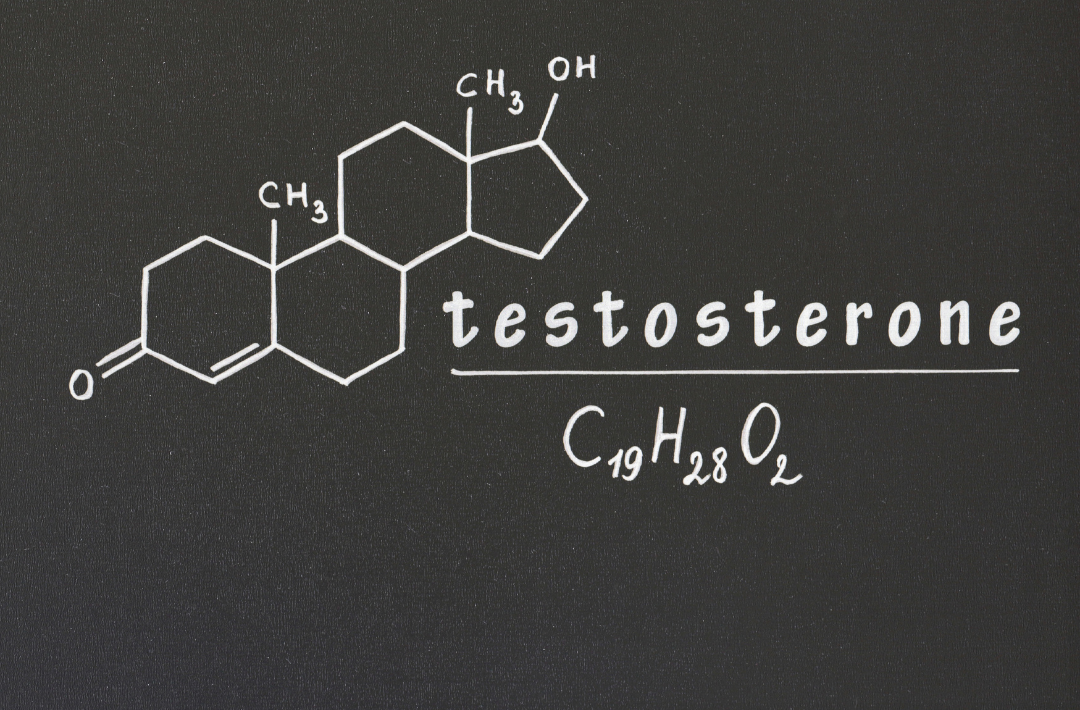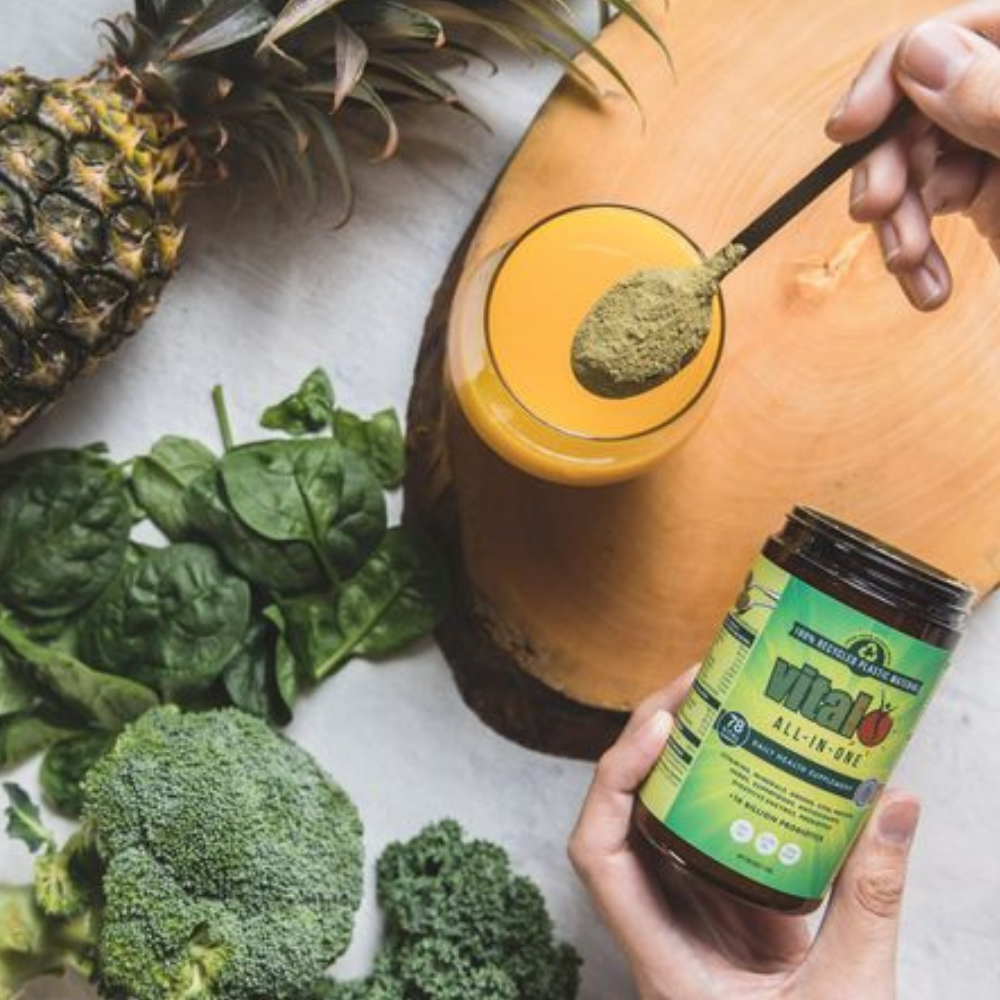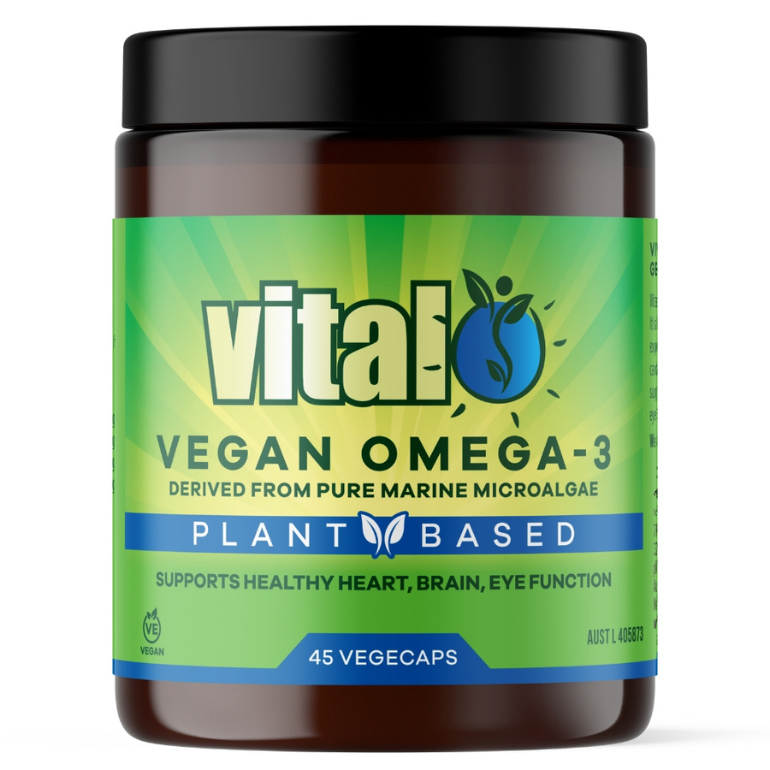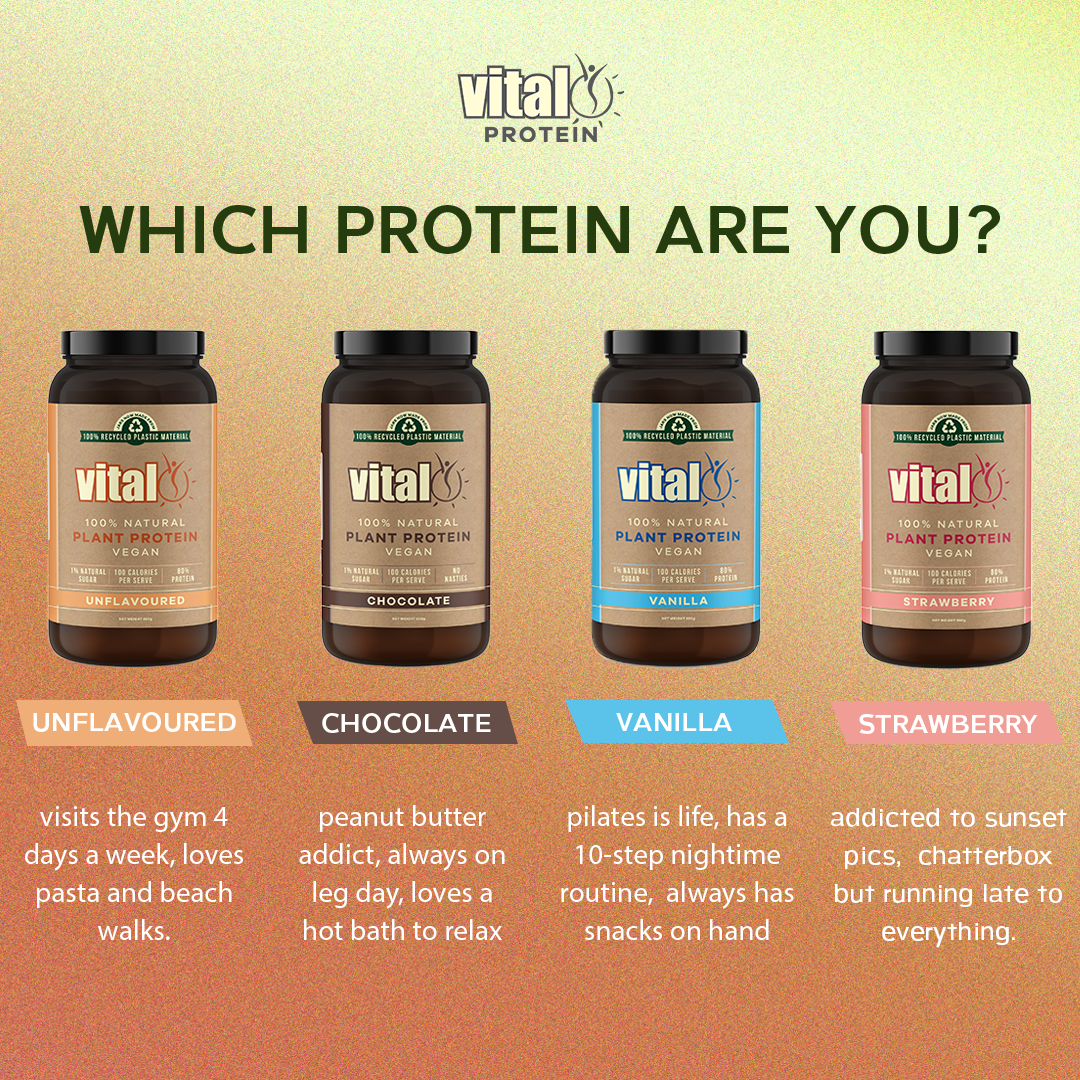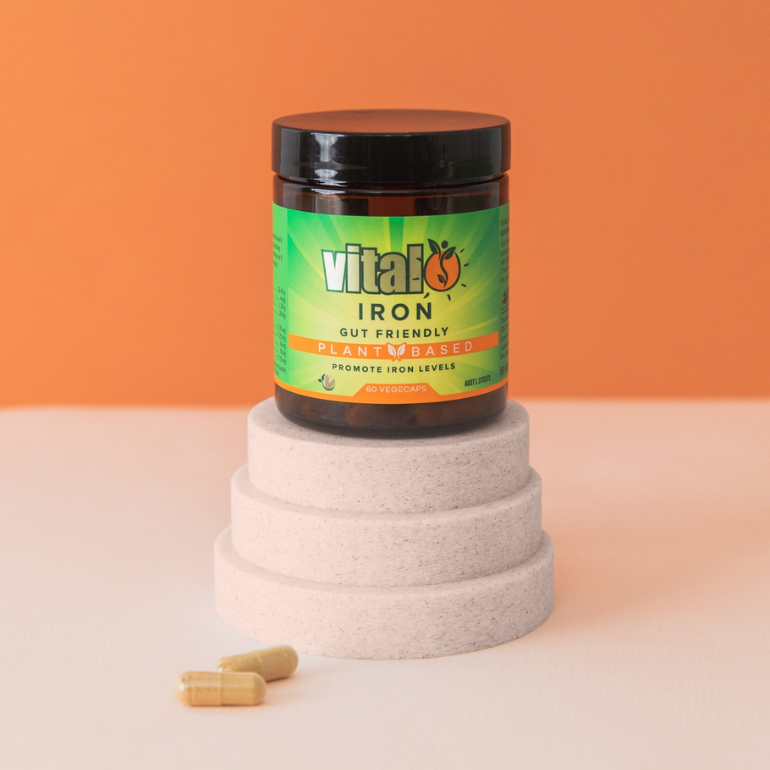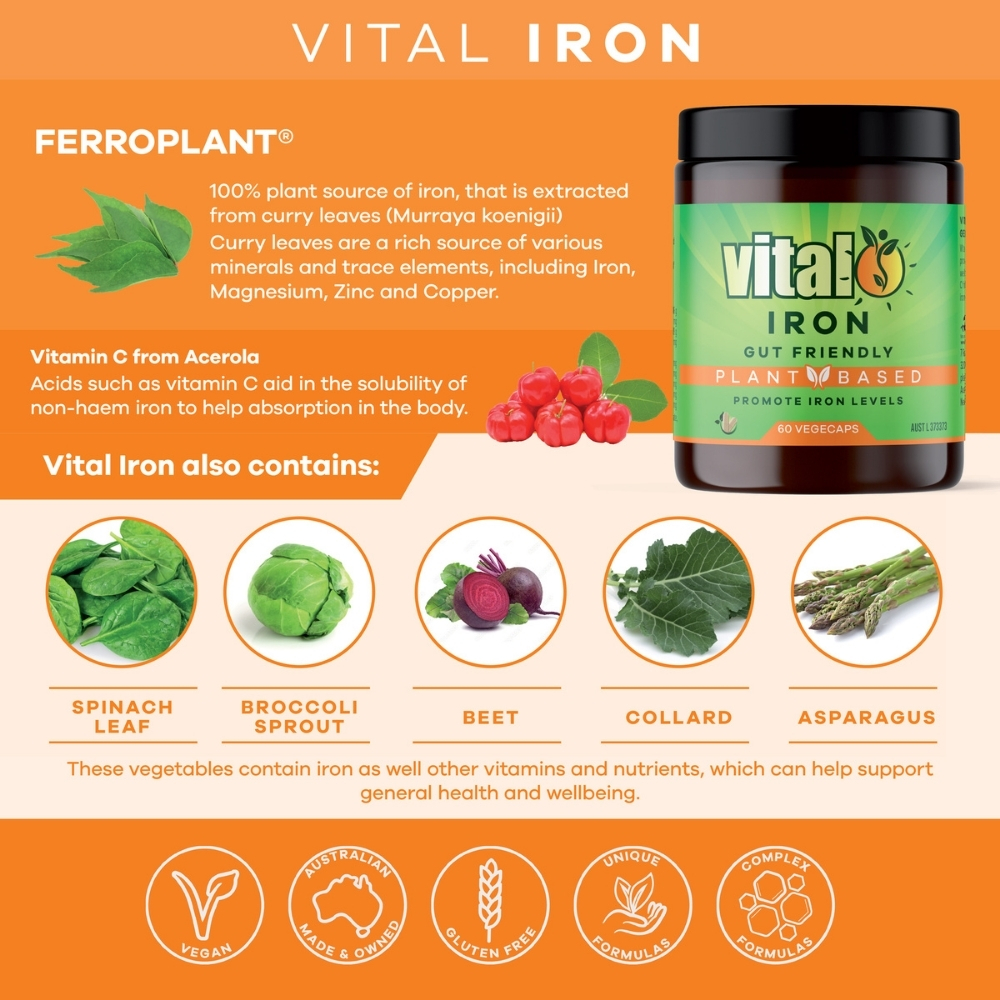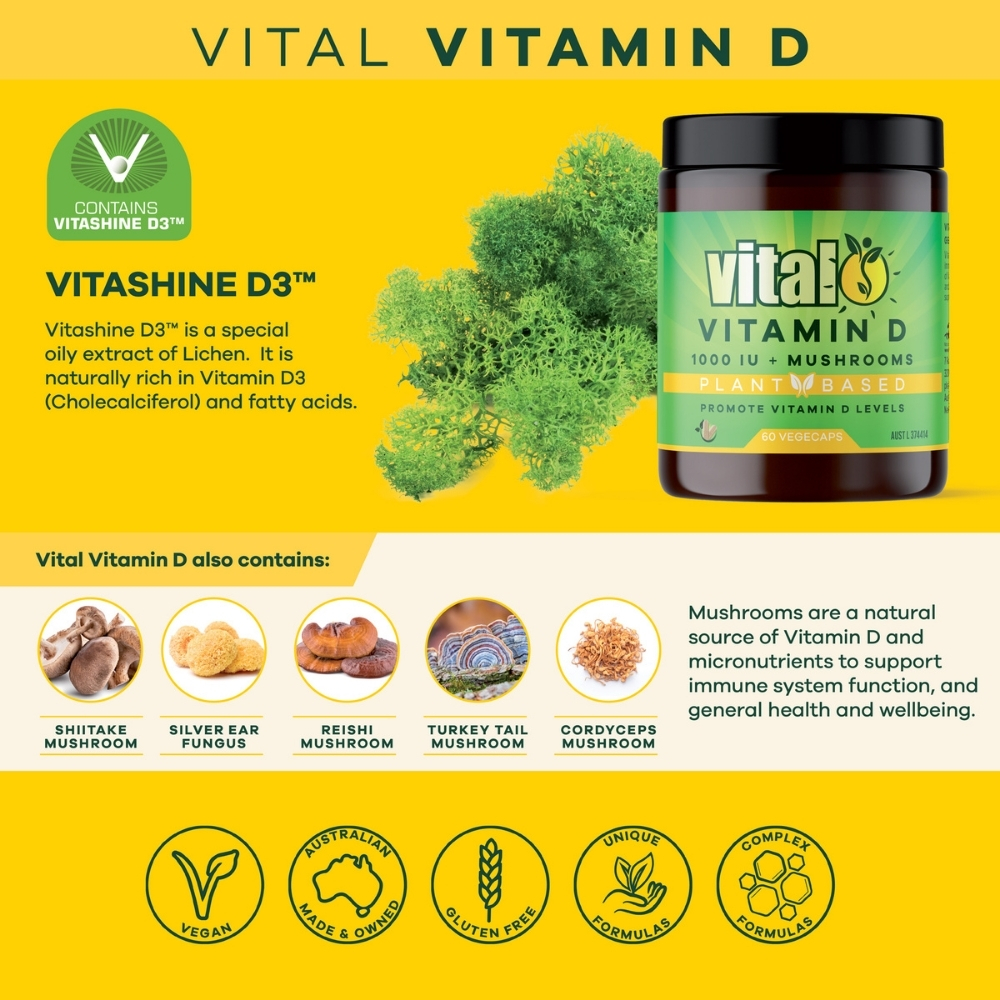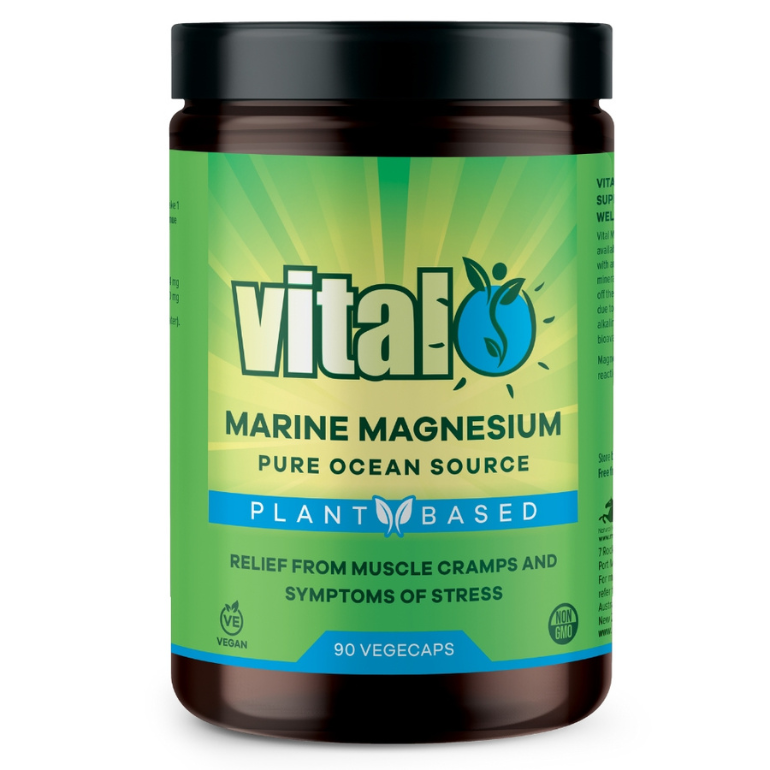As men age, the natural decline in testosterone levels can affect various aspects of their health and well-being. Testosterone, a hormone predominantly produced in the testicles, plays a crucial role in several bodily functions beyond sexual health. Adequate testosterone levels contribute to muscle mass, bone density, red blood cell production, mood regulation, cognitive function, and overall energy levels. When testosterone levels decrease, men may experience symptoms such as decreased muscle strength, reduced bone density, increased body fat, diminished libido, fatigue, mood swings, and difficulties with concentration and memory. Fortunately, adopting a plant-based diet rich in specific nutrients can help naturally boost testosterone levels and mitigate these effects.
1. CRUCIFEROUS VEGETABLES:
Cruciferous vegetables, including broccoli, cauliflower, brussels sprouts, kale, and cabbage, offer a unique benefit for men combating declining testosterone levels. These vegetables contain compounds known as indoles, which have been shown to promote optimal hormone balance. Indoles work by reducing estrogen levels, thereby helping to counteract the potential negative impact of excessive estrogen on testosterone levels.
By incorporating cruciferous vegetables into the diet, men can support hormonal equilibrium and alleviate symptoms associated with declining testosterone levels. Additionally, cruciferous vegetables provide essential antioxidants, such as vitamin C and beta-carotene, that help protect the body from oxidative stress. Oxidative stress, caused by an imbalance between free radicals and antioxidants in the body, can have a detrimental effect on testosterone production. By consuming cruciferous vegetables, men can enhance their overall health and well-being.
2. PLANT-BASED HEALTHY FATS:
Including plant-based healthy fats in the diet is essential for maintaining and promoting testosterone production. Monounsaturated and polyunsaturated fats, found in avocados, nuts, seeds, and plant-based oils like olive oil, provide essential fatty acids crucial for hormone synthesis.
These fats serve as building blocks for testosterone and other hormones, fostering their production and supporting overall hormone balance. In addition to their role in hormone production, plant-based healthy fats offer numerous health benefits. They help reduce inflammation in the body, support cardiovascular health, and contribute to healthy brain function. Omega-3 fatty acids, in particular, found in foods like walnuts, flaxseeds, and chia seeds, have been shown to increase testosterone levels and improve overall health. By incorporating a variety of plant-based healthy fats into their diet, men can nourish their bodies and support optimal testosterone levels.
3. PLANT-BASED PROTEIN SOURCES:
Plant-based protein sources play a crucial role in supporting testosterone production and maintaining overall health. Protein is composed of amino acids, which are integral to hormone regulation and synthesis, including testosterone. Certain amino acids, such as arginine and branched-chain amino acids (BCAAs), have been linked to increased testosterone levels.
By incorporating a variety of plant-based protein sources into their diet, men can provide their bodies with the necessary amino acids to support testosterone production, muscle health, and hormone balance. Legumes, such as lentils, chickpeas, and black beans, are excellent plant-based sources of protein that also offer dietary fiber and a range of vitamins and minerals. Tofu and tempeh, made from soybeans, are plant-based protein options that can be used as alternatives to meat. They are versatile ingredients that can be incorporated into a variety of dishes, providing essential nutrients and promoting testosterone production.
4. PLANT-BASED ZINC SOURCES:
Zinc is an essential mineral that plays a vital role in testosterone synthesis and regulation. Inadequate zinc levels can lead to decreased testosterone production. Fortunately, there are several plant-based foods that are rich in zinc and can be included in a plant-based diet. Legumes such as chickpeas, lentils, and kidney beans are excellent sources of zinc. Nuts and seeds, including pumpkin seeds, sesame seeds, and hemp seeds, also provide zinc along with other beneficial nutrients. Whole grains like quinoa and brown rice contain zinc as well. By incorporating these plant-based zinc sources into their diet, men can ensure sufficient zinc intake, promoting healthy testosterone levels and supporting the various functions influenced by this hormone. Zinc is also involved in immune function, wound healing, and DNA synthesis, making it an essential nutrient for overall health.
Vitamin D and magnesium are two additional nutrients that play a crucial role in testosterone production. Vitamin D, often referred to as the “sunshine vitamin,” is synthesized by the body when exposed to sunlight. However, it can also be obtained through dietary sources such as fortified plant-based milk, fortified plant-based yogurt, and certain types of mushrooms.
Vitamin D deficiency has been linked to low testosterone levels, so ensuring adequate vitamin D intake is crucial. Magnesium, on the other hand, is involved in over 300 biochemical reactions in the body, including testosterone synthesis.
Good dietary sources of magnesium in a plant-based diet include leafy greens like spinach, Swiss chard, and kale, as well as nuts, seeds, and whole grains. Magnesium supplementation has been shown to increase testosterone levels in both sedentary individuals and athletes. By including plant-based sources of vitamin D and magnesium in their diet, men can support optimal testosterone production and overall health.
Incorporating plant-based foods into the diet is an effective and natural way for men to boost testosterone levels and promote overall health and vitality. Cruciferous vegetables, plant-based healthy fats, protein sources, zinc-rich foods, and plant-based sources of vitamin D and magnesium all contribute to hormone balance and testosterone production. By embracing a plant-based lifestyle and incorporating these nourishing foods, men can optimize their testosterone levels and mitigate the effects of declining hormone levels as they age. Along with a nutrient-rich diet, it is also important for men to engage in regular physical activity, manage stress levels, and prioritize quality sleep to further support testosterone production and overall well-being. By making these lifestyle choices, men can embrace the power of plant-based nutrition and enjoy vibrant health throughout their lives.
ALWAYS READ THE LABEL AND FOLLOW THE DIRECTIONS FOR USE

